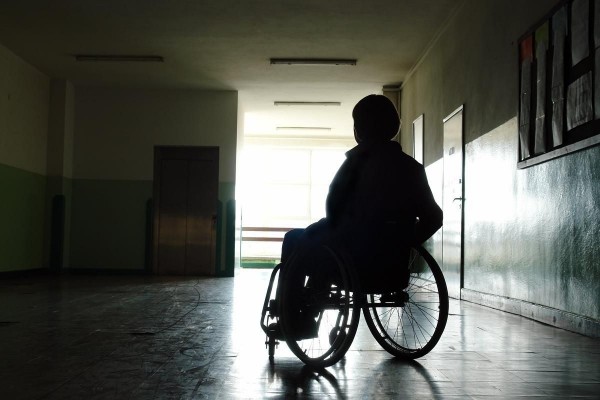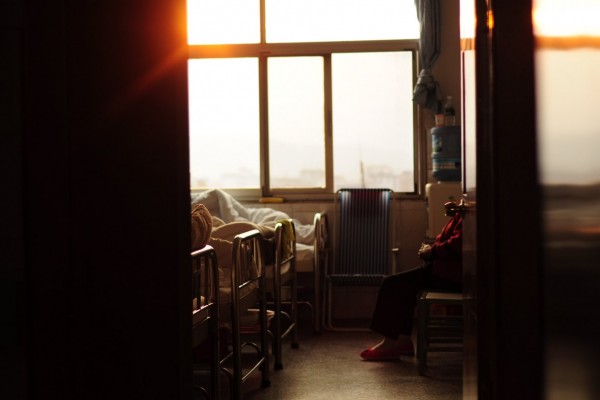-

Ontario’s hidden institutions
Long-term care facilities in have been decimated by the COVID-19 pandemic, with almost three-quarters of all pandemic-related deaths in Canada occurring within them. But there’s another type of institution in Ontario that is somehow even less regulated and less transparent than long-term care facilities: residential service homes, also known as domiciliary hostels, which are privately run and operate for profit.
-

Disabled people must be prioritized in the vaccine rollout
Governments need to do a better job of caring for disabled people during the vaccine rollout. But prioritizing their access to the shot will mean making the vaccines public, and putting an end to for-profit models of health care delivery in Canada and beyond. We must mourn those who have been killed by institutionalization, pandemic profiteering and government inaction, and fight to keep each other safe.
-

‘Warehouses like this are not the answer’: Exposing the crisis of long-term care in Manitoba
Institutionalized people in Manitoba are experiencing the brunt of COVID-19—from jails, to long-term care homes to hospitals. Our demands for a just recovery must centre those most impacted by the virus, and this requires a movement away from neoliberalism towards a system of rapid decarceration and deinstitutionalization. Only then can we begin to reckon with the legacy of austerity and adopt more ethical models of care.
-
Mental health under neoliberalism: From self-help to CBT
The left has been pushing for greater access to mental health care for years, so for many, CBT could be viewed as an exciting success. However, we need and deserve better, beginning with solutions that target systemic causes of mental distress. Building radical futures means we must reconsider how we will support our communities, and work towards healing justice.
-

Institutional legacies of violence: Neoliberalism and custodial care in Ontario
While official “deinstitutionalization” was widely celebrated after the closure of the Huronia Regional Centre in 2009, institutionalization continues in the systematic treatment of persons with disabilities. Recent cases during the coronavirus pandemic demonstrate the need for comprehensive reform, if not total abolition, of group homes, prisons, psychiatric institutions and long-term care facilities.
-

‘We have always been disposable’: the structural violence of neoliberal health care
The marriage of neoliberalism and the medical industrial complex has had disastrous results in Canada, even without the presence of a pandemic. This toxic relationship has led to decades of health care cuts, privatization of services, and warehousing of disabled and elder populations. Now, COVID-19 is exacerbating an already broken system.




